Academics, officials push for more efforts to promote understanding
A push to have more U.S. students study in China is coming from academics and others in the United States and China following President Xi Jinping's initiative last November in San Francisco of inviting 50,000 U.S. students to visit and study in China in the next five years.
One month later, in a speech in Washington, U.S. Ambassador to China Nicholas Burns called for more U.S. students to study in China, warning that a next generation of leaders "that is cut off from China, that hasn't had an experience there, that doesn't speak Mandarin" is not in the national interest.
In an online discussion last week, Shen Xuesong, minister counselor of education for the Chinese embassy in the U.S., said numerous programs have been set up for U.S. students.
President Xi and U.S. President Joe Biden reiterated their support and encouraged both sides to further expand people-to-people exchanges during a phone call on April 2, Shen said in a discussion organized by the U.S. Heartland China Association and the nonprofit China Institute.
The youth leadership program of China Institute will send about 50 U.S. students to China this summer, said Shenzhan Liao, senior vice-president and head of the School of Chinese Studies at the institute.
Shen said China has set up many programs for student exchanges, and many more long-term and short-term programs are being planned to "welcome more American youth to observe China with their own eyes, measure China with their own feet through interschool exchanges, short-term visits, summer schools, winter camps and other forms, and to be the new generation of envoys of U.S.-China friendship".
The programs offer opportunities for U.S. high school and college students in a wide range of fields from artificial intelligence and architecture to cultural tours and research projects.
Although education exchanges have witnessed a decline especially in the number of U.S. students studying in China, new exchange programs are still developing, James Smith, president of Eastern Michigan University, said in the online discussion.
Eastern Michigan University has had an education partnership with Tianjin University of Commerce for 20 years.
New partnership
Three years ago, it formed a new partnership with Beibu Gulf University in Qinzhou, Guangxi Zhuang autonomous region.
The program offers an undergraduate degree program to Chinese students at Beibu Gulf University, Smith said. U.S. faculty travel to China to teach students who have the option to come to the U.S. to study at Eastern Michigan University in their final year.
About 30 Chinese students are set to come, he said, and by fall, there will be about 800 students in the program.
"It is by far the largest international initiative that we've done at Eastern Michigan University, not just in the eight years that I've been president, in literally the 175 years of our existence to have 800 students enrolled with us," Smith said.
Kim Norton, mayor of Rochester, Minnesota, who visited China at the end of last year, said in the discussion that the trip made her rethink all she had learned and how it can be applied in her community and throughout the state.
In a recent visit by sister city Xianyang, Shaanxi province, the chancellor of a local university that focuses on healthcare was invited to join the discussion in which Chinese medicine came up, Norton said. It turned out that some students would like to learn more about it.
"So, I think there is such an opportunity here to increase and improve the relationship," she said. "I really look forward to what can happen in the future."
















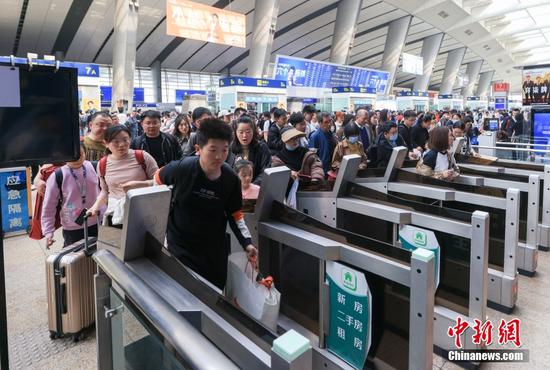







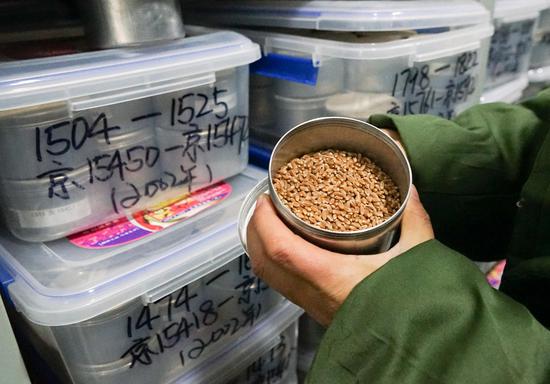
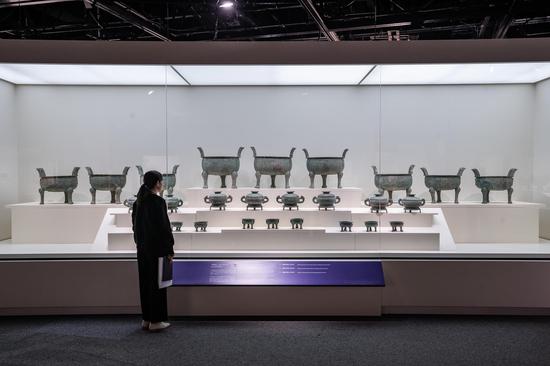



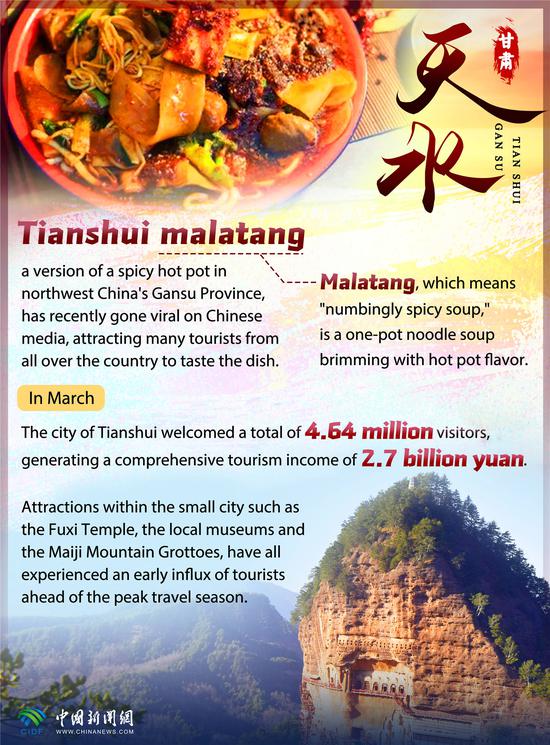





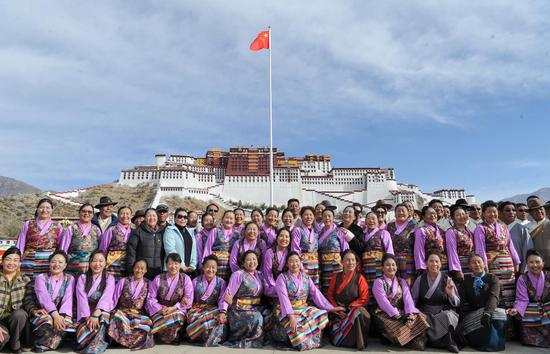
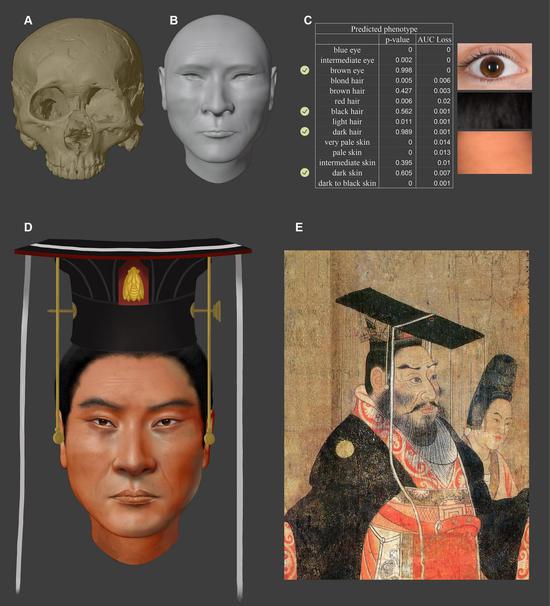



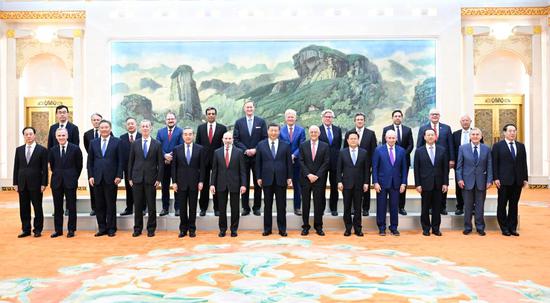
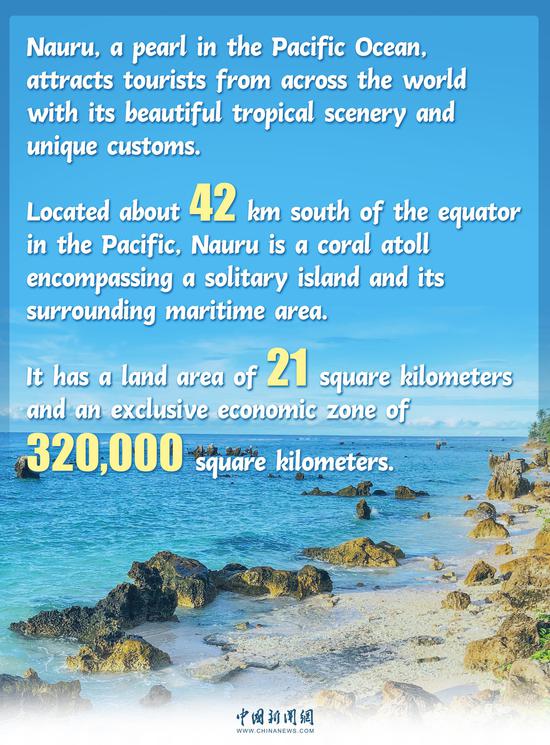








 京公网安备 11010202009201号
京公网安备 11010202009201号